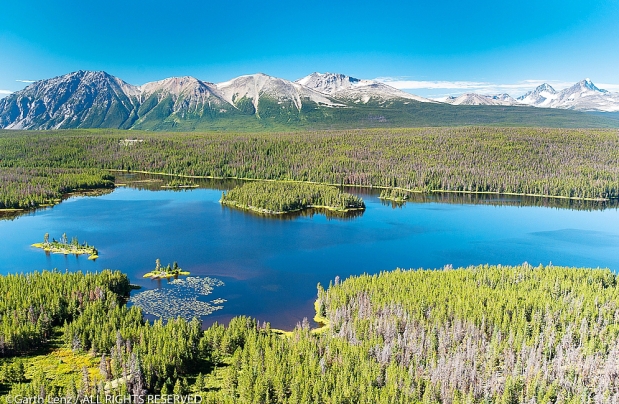
Enbridge, the pipeline company, has been aggressively positioning for the construction of two pipelines in BC for almost a decade. One of these pipelines is the North Gateway West line, projected to carry bitumen from the Alberta oil sands to Kitimat, BC. Many Aboriginal groups, including the Nak’azdli people, have fiercely opposed the pipeline. This resistance is one of the many PEST factors preventing the Northern Gateway Pipeline’s completion.
The ongoing conflict between the First Nations and Enbridge can be classified as a social factor. Although there are valuable economic benefits that come with the pipeline, there are anticipated fatal environmental damages deemed by the Nak’azdli to be not worth the risk (eg. the habitat of the treasured sockeye salmon and Nechako white sturgeon).
In order for Enbridge to surpass this cultural barrier, it is imperative that they convince Aboriginal groups of the pipeline’s security. This is especially challenging, considering their troubled past. Enbridge can develop an immediate spill-cleaning program, propose surefire methods of reducing spills, or devise a completely new, dependable system of transporting the crude. However, in order for this to be effective, it would take years of experimentation, tests, and applications to existing pipelines, before reaching a conclusive agreement.